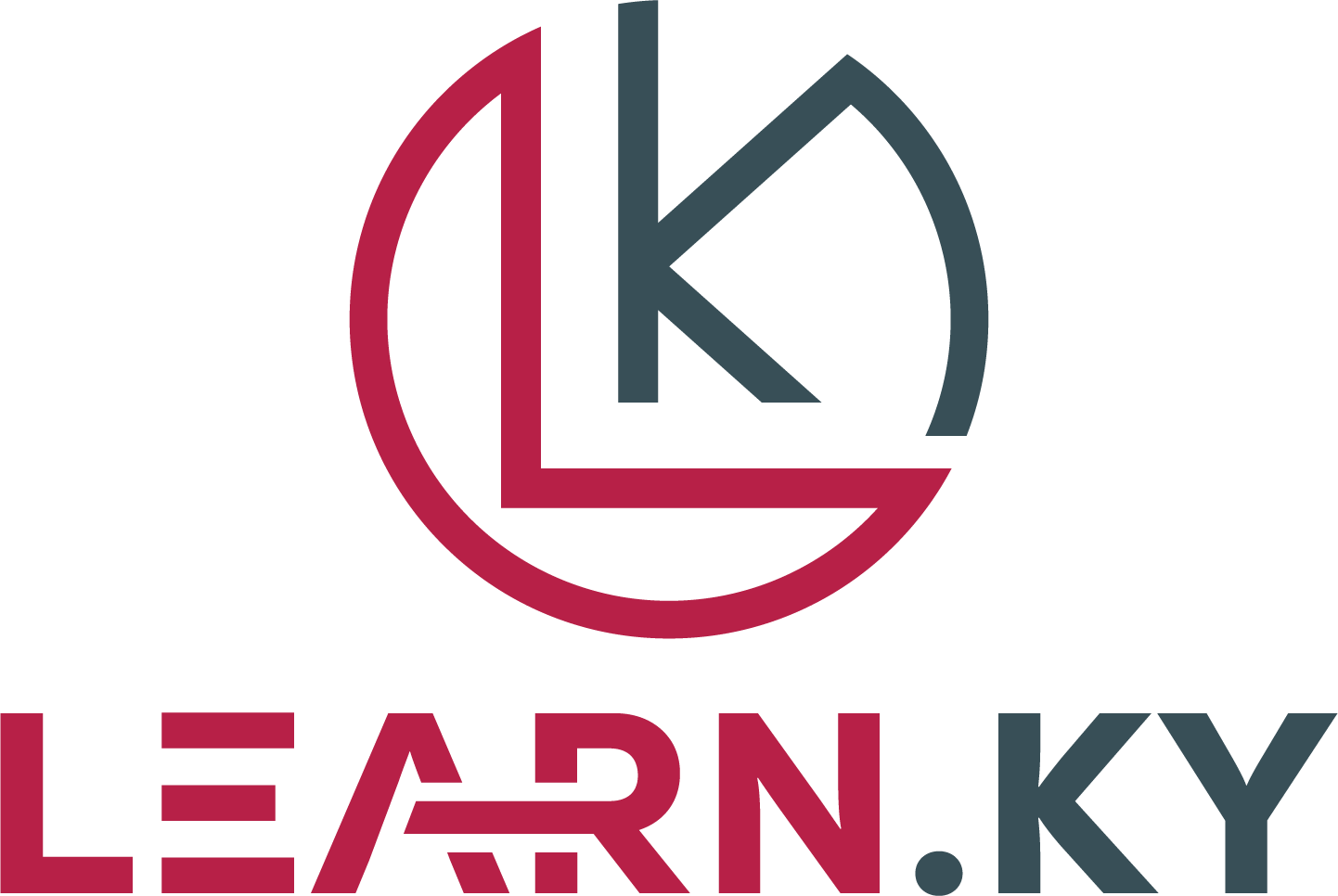One of the most significant advantages of AI in healthcare is its ability to process and analyze vast amounts of data quickly and accurately. This enables healthcare professionals to make more informed decisions, leading to improved patient outcomes. AI algorithms can identify patterns and trends in data that may not be apparent to human clinicians, helping in early disease detection, predicting patient outcomes, and recommending customized treatment plans.
Furthermore, AI-powered tools can automate routine tasks, freeing up healthcare professionals to focus on more complex and specialized aspects of patient care. For instance, chatbots and virtual health assistants can handle basic patient inquiries, appointment scheduling, and medication reminders, enhancing the overall patient experience and improving operational efficiency in healthcare facilities.
In addition to clinical applications, AI has the potential to drive innovation in drug discovery and development. By analyzing genetic data, identifying drug interactions, and predicting drug responses, AI can accelerate the process of bringing new therapies to market, ultimately benefiting patients and reducing healthcare costs.
Despite its many benefits, the widespread adoption of AI in healthcare is not without challenges. Privacy and security concerns, regulatory hurdles, ethical considerations, and the potential for bias in AI algorithms are important issues that need to be addressed. Ensuring transparency, accountability, and fairness in AI-driven healthcare interventions is essential to building trust with patients and healthcare providers.
To fully realize the potential of AI in healthcare, collaboration among stakeholders is crucial. Healthcare professionals, researchers, policymakers, and technology developers must work together to establish standards, guidelines, and best practices for the ethical and responsible use of AI in healthcare. Investing in AI education and training for healthcare professionals is also essential to ensure that they are equipped to leverage AI tools effectively.
As we look to the future, the possibilities for AI in healthcare are endless. From predictive analytics and precision medicine to remote monitoring and personalized patient care, AI has the potential to revolutionize the way healthcare is delivered and experienced. By embracing the transformative power of AI and leveraging its capabilities responsibly, we can unlock new opportunities for improving healthcare outcomes and enhancing the quality of life for individuals around the world.
In conclusion, the future of AI in healthcare holds tremendous promise. By harnessing the power of AI to drive innovation, improve efficiency, and enhance patient care, we can usher in a new era of healthcare that is smarter, more personalized, and more effective. As we continue to explore the potential of AI in healthcare, it is essential to remain vigilant about the ethical, regulatory, and societal implications of AI-driven interventions, ensuring that we prioritize the well-being and autonomy of patients above all else. The journey towards unleashing the full potential of AI in healthcare is just beginning, and the possibilities are truly limitless.










